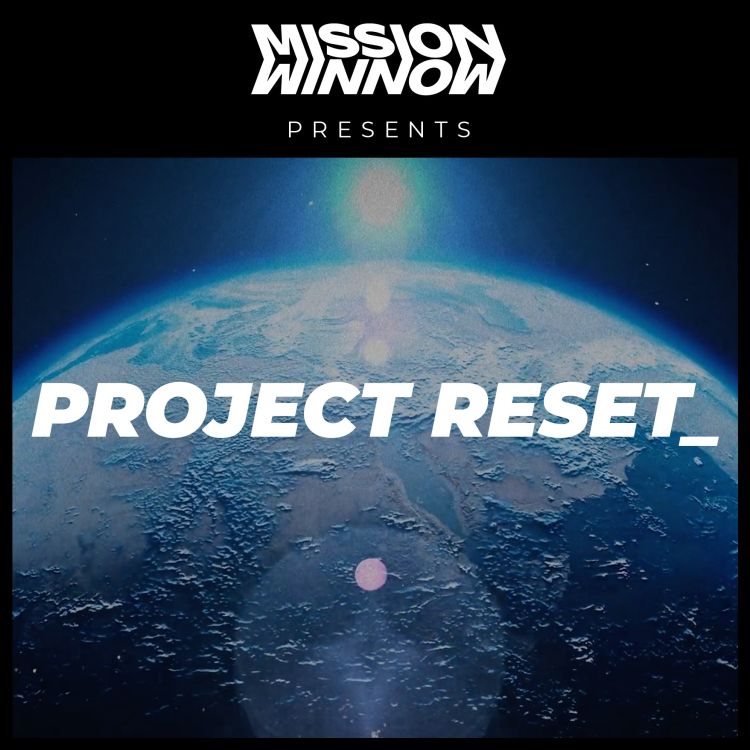Tech Embrace
3 min read
The global pandemic forced a pause on physical contact, but that didn’t mean we were less connected with the world surrounding us. In fact, we experienced a surge in new ways of social connectivity and an accelerated societal shift towards a fourth industrial revolution. So, what does this mean for the future? What trends could we expect?
To discuss this, Project Reset welcomes presenter June Sarpong as she is joined by a panel of tech experts that include Nick Bostrom, professor of philosophy at Oxford University; Rana el Kaliouby, co-founder and CEO of Affectiva; and Michio Kaku, author, scientist and futurist, as they attempt to explain what this all means for us.
When speaking about technology, AI resonates as one of the most important things humanity is working on and, in the future, some claim it might even become more important than electricity or even fire. Currently, we rely on present AI techniques in a wide variety of fields – from package delivery to social media and search engines – to help things run more smoothly and effectively, and this dependency will only increase over time.
However, the increased use of AI raises several questions regarding ethics and morality. According to Michio Kaku many scientists believe that technology is amoral, unpolitical and neutral, but he believes that technology does have a direction: to create empowerment for people who are unempowered, because, as he points out, knowledge is power.
This human-centric approach to technology is also something Rana el Kalioubyn is very passionate about. Through her company, she has spent the last twenty years humanizing technology before it dehumanizes us, while also developing artificial emotional intelligence. Humans have this ability to empathize and to adapt in real-time, that’s what makes us persuasive, likable and helps us connect with others, so in her opinion, a fundamental part of the future is bringing those characteristics to technologies that are fundamentally engrained on our day-to-day interactions to help better interactions.
Looking into the future we should see technology as a tool to enhance the human experience. And, as a tool, we are the ones who get to decide how to use it. According to our panelists, the idea that robots will overtake humans is based a lot more on Hollywood than on reality, at least in the stage in which we are now. We’re a long way away from machines becoming self-aware, and although that could happen, we still have plenty of time to prepare.
One way of preparing is by planning for a future where humans and machines merge together to help us be more productive, healthier, happier, and more efficient. We are already living in a machine we have built for ourselves – civilization – and if things go well, that integration with our technological infrastructure will only increase.
This, together with the fact that socialization will continue to remain an integral part of our future, means that we will be more connected than ever. Both people and information will become progressively available and easier to reach, which is fundamental, because this is something that AI can’t replicate. AI can give us content we can interact with at a certain degree, but it cannot mentor young minds, it cannot counsel and give human advice.
According to Professor Bostrom, at the end of the day we are living at a very privileged time and we should use that privilege to build a future based on a more robust foundation that can deal with any future challenges that might arise, whether that is the self-awareness of machines, social issues or even global politics.




